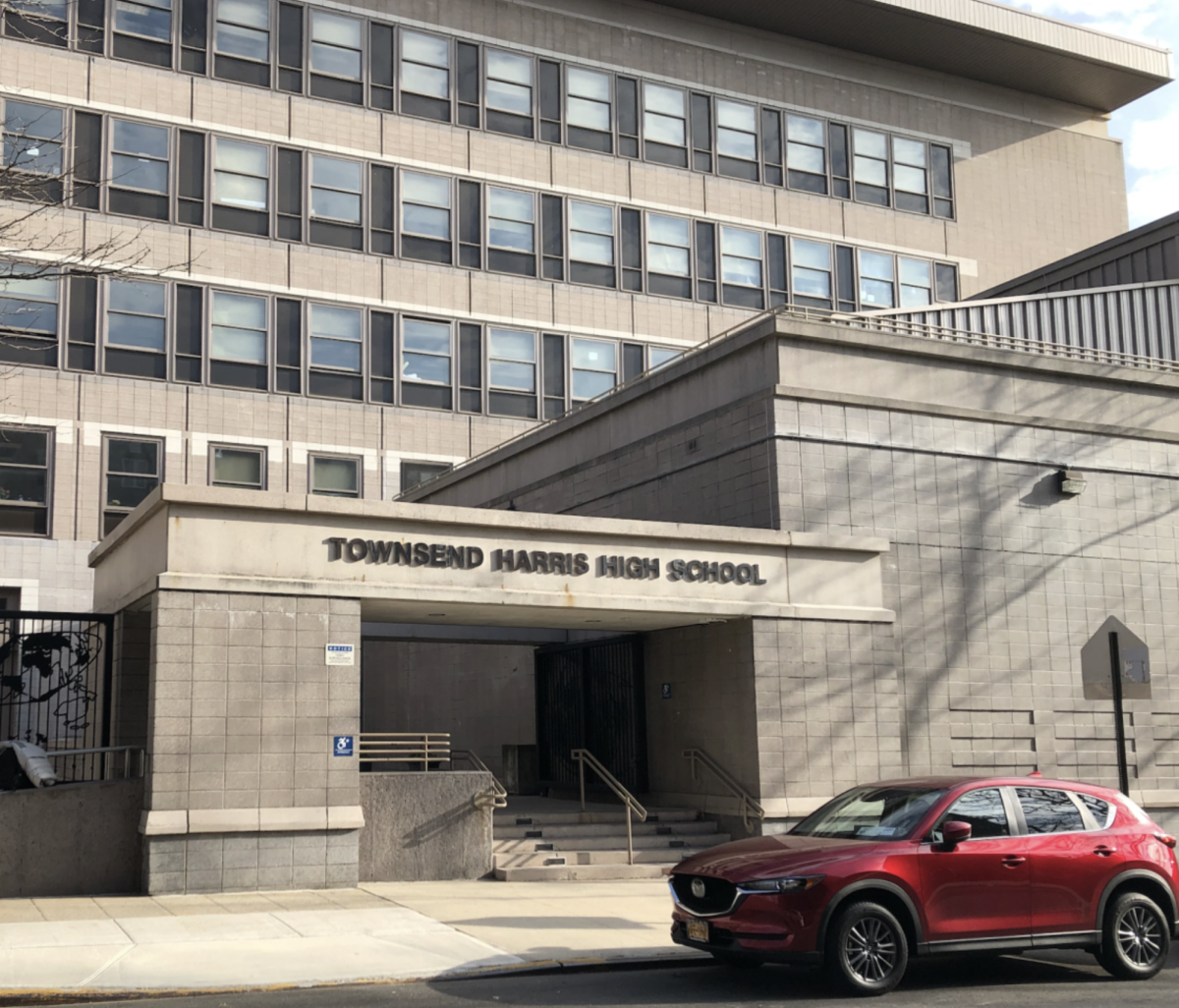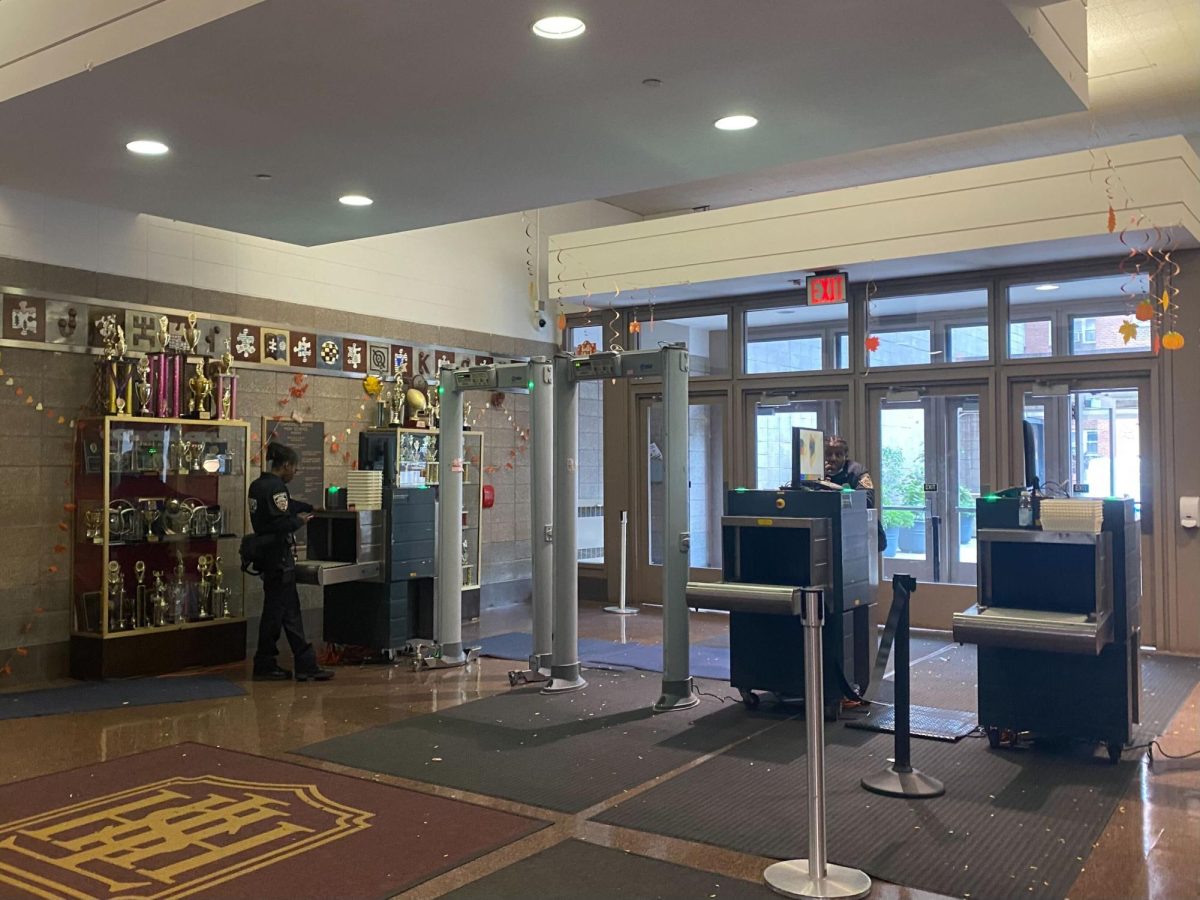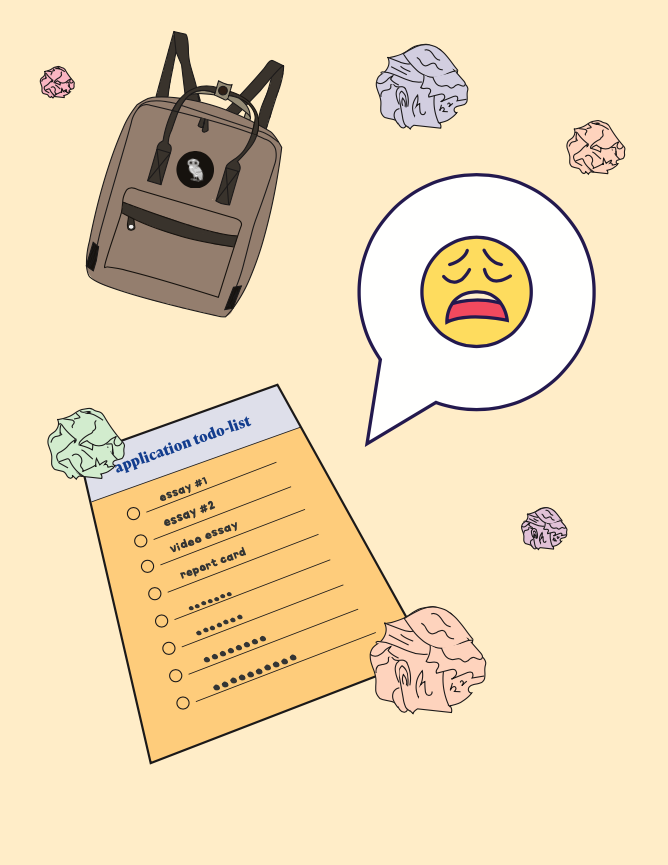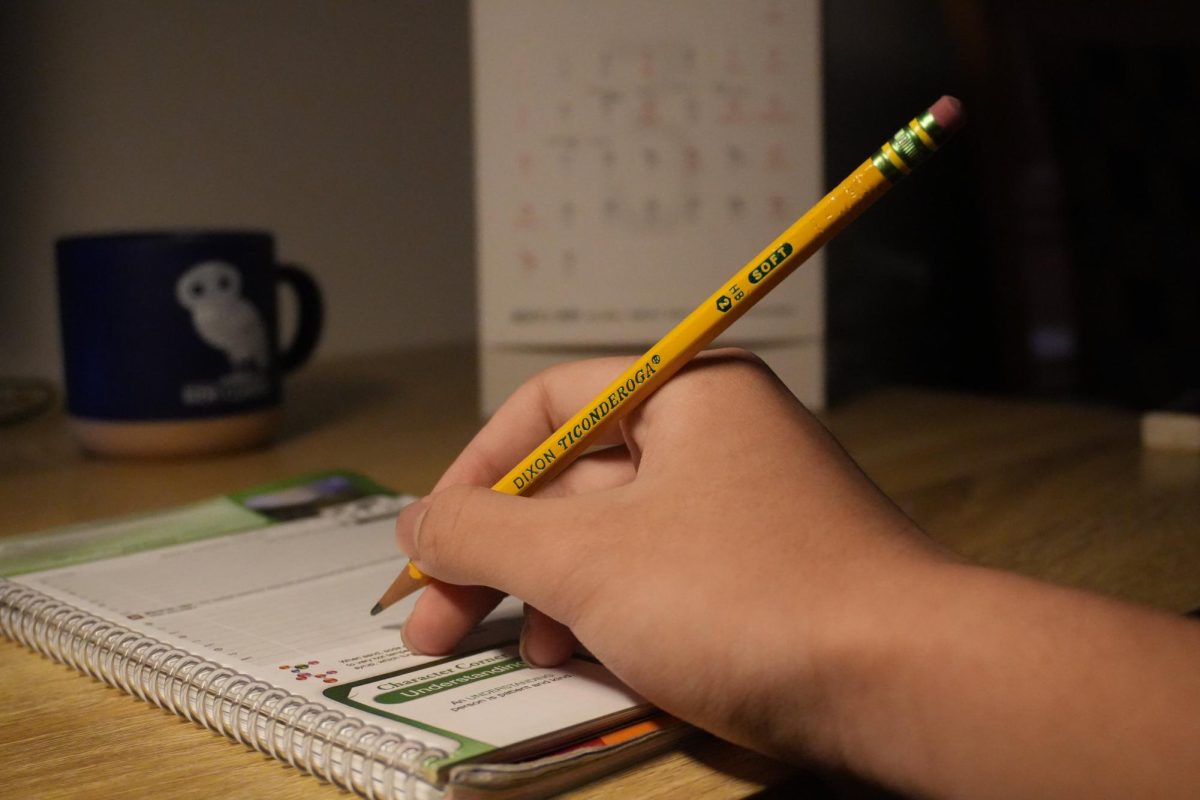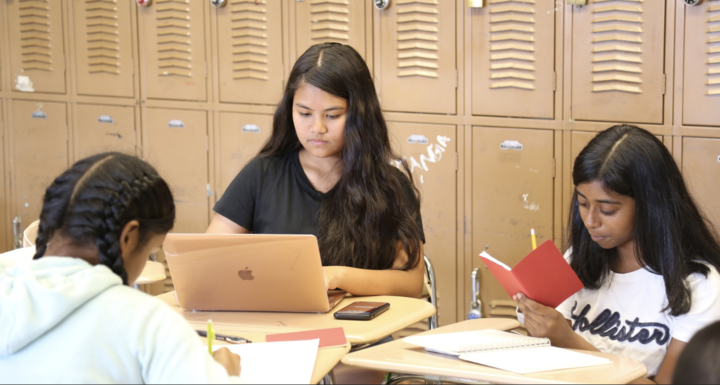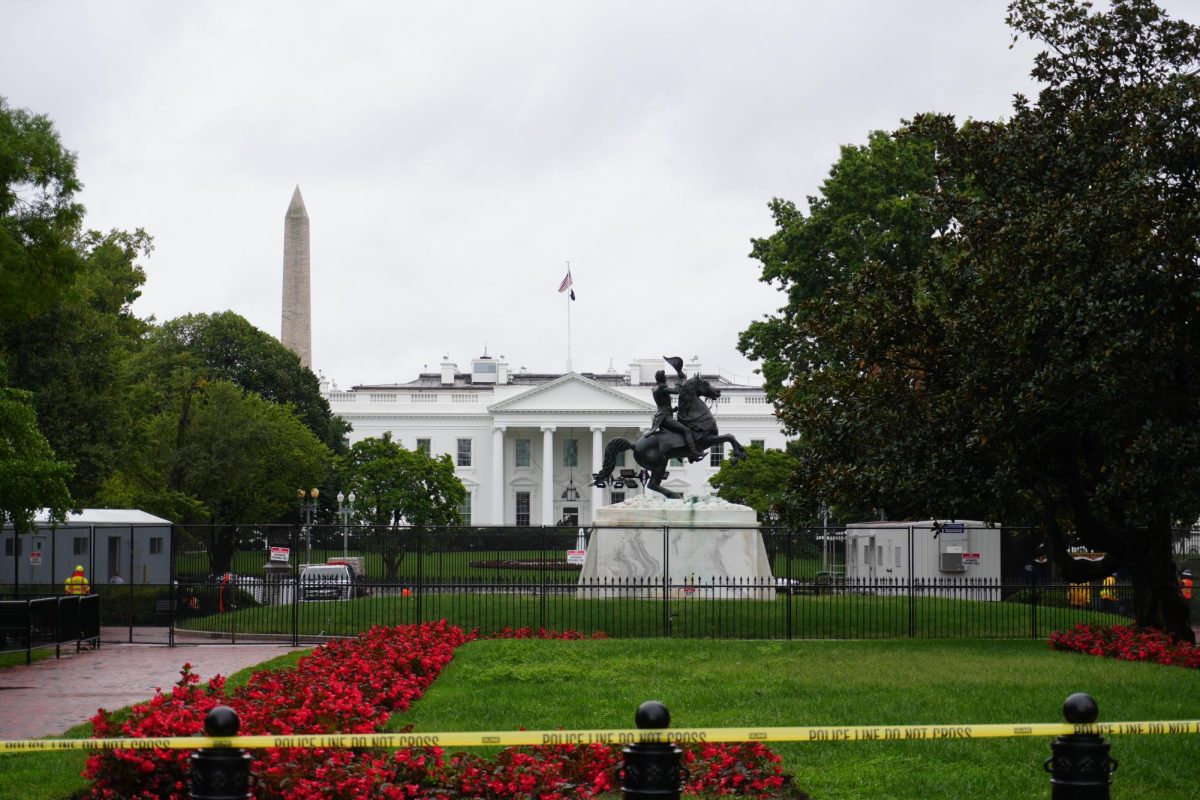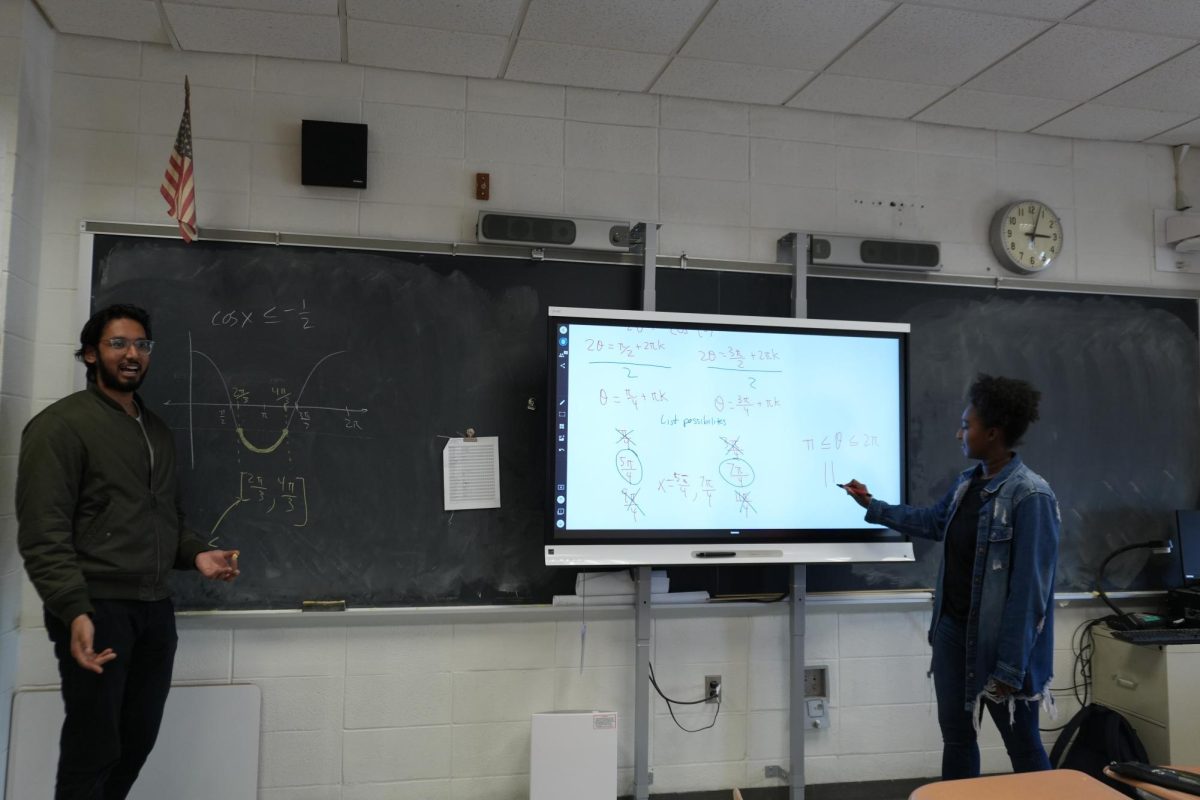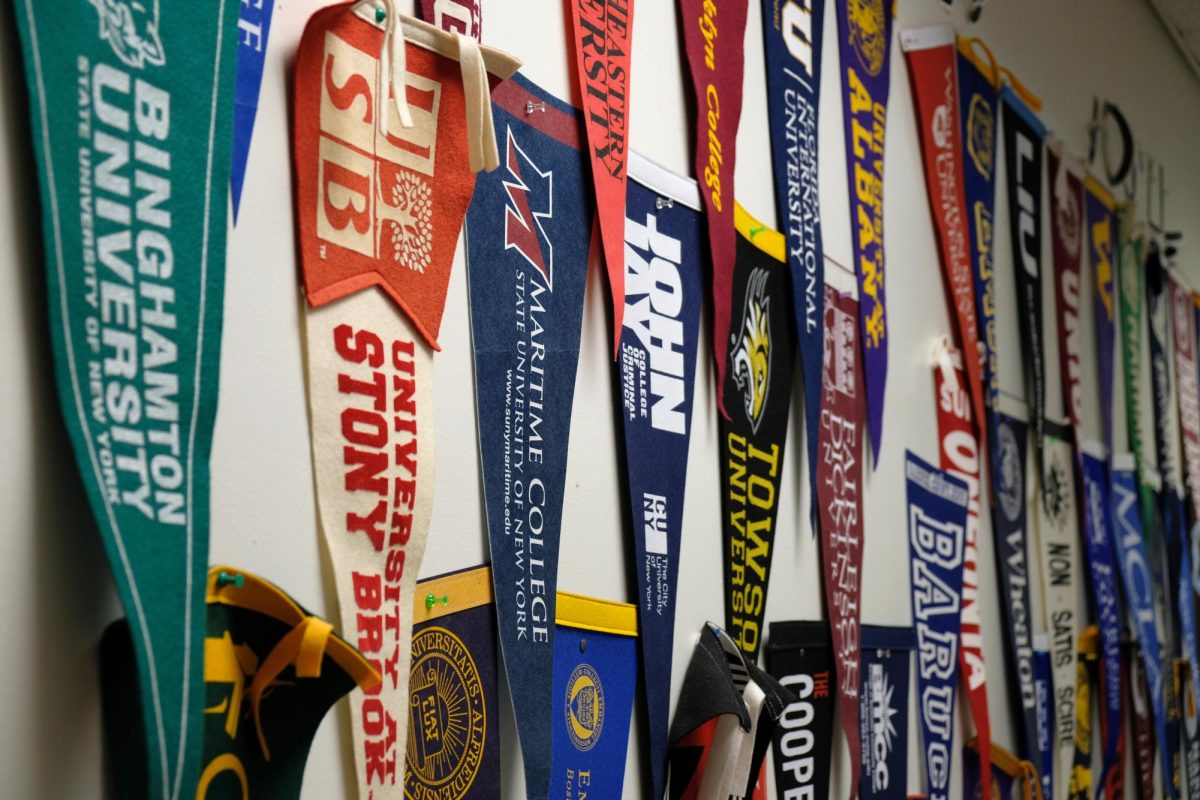
Imagine being isolated from the outside world as soon as you step into the school building. With the possibility of a new cell phone ban being implemented, this may become an unfortunate reality for New York City public school students. A policy that would entirely prohibit cell phone usage in schools would make it difficult for students to view important information, messages, and useful educational platforms.
Cell phone bans have been proposed by elected and unelected officials on both the state and city levels. While details surrounding a citywide ban have been unclear, with different messages throughout the summer from Mayor Eric Adams and NYC Schools Chancellor David Banks, we do know that a plan could be rolled out as soon as next school year.
On the state side, Governor Kathy Hochul has also supported a potential cell phone ban. She has stated that details on her plan would come out later this month.
A cell phone ban bars students from using technology in a way that could benefit their education. Rather than focusing solely on the inconveniences related to cell phone uses, schools should instruct students to self-regulate their usage.
Cell phones have a variety of uses that are crucial to students. For instance, emails, social media, and messages play a pivotal role in official and unofficial communication.
The absence of cell phones would only make it more difficult for students and staff to release information and quickly communicate. Having cell phones allows important messages to reach the student body quickly during unexpected circumstances. For example: the earthquake that occurred last year, the numerous times where the building has been locked down with no explanation, the mace spraying that occurred nearby last school year are all instances where cell phones were needed and used as a means of communication and guidance.
Moreover, given news of recent gun shootings, it is essential to have a fast line of communication between students and their families. Allowing open communication with parents and students via cell phone can ease the worry many parents have for their children throughout the day.
There are also countless useful resources that can be implemented to enhance education for students. Many teachers have allowed students to use their cell phones in class to access online resources to help with obtaining information efficiently and accurately. In addition, many students prefer taking notes on their cell phones. Restricting access to cell phones would be unfair to students who perform better with them and to teachers who use online resources in class.
Schools can have device shortages in classrooms, as exemplified during the school device tracking project during the 2022-23 school year, making cell phones a great backup. Especially in Townsend Harris, where there’ve been many instances where there aren’t enough Chromebooks for all students. In English courses, students also have to use apps such as Google Docs for essays, and often those who don’t have a laptop or a tablet have to use their own phones to work online. If the cell phone ban was implemented, then these students would be left to struggle deviceless, and even pen and paper can’t always be used as substitutes..
However, many argue that there is an issue of students taking videos of others without permission. Though this may be true in some cases, it is equally important for students to be able to document potentially unsafe or inappropriate situations. This is necessary for a transparent atmosphere within the school.
Schools should encourage integrity while creating guidelines for students to follow.
There have been concerns about how the cell phone ban would be implemented, as it could force major school policy changes. As The Classic has previously reported, the current cell phone policy restricts students from using their phones in the hallways, bathrooms, and stairwells.
Cell phone use should not be banned but rather limited. There are many other options that give students the freedom to use devices responsibly. For example, placing limits such as demerits and punishment if caught in class, or simply letting administration, students, and parents decide what the best policy is foreach school.
Enforcing these uniform cell phone policies throughout the school would promote learning, self-regulation, and accountability under a monitored approach. Additionally, regulating phones during bathroom visits would limit concerns of distraction and cheating. Students can simply give their phones to teachers or leave them on their desk while using the bathroom..
Overall, the cons of the potential cell phone ban outweigh the pros. In the modern world, technology is so prevalent and has integrated itself into society; this is why the cell phone ban should be reassessed and the advantages of this modern technology should be considered.



























